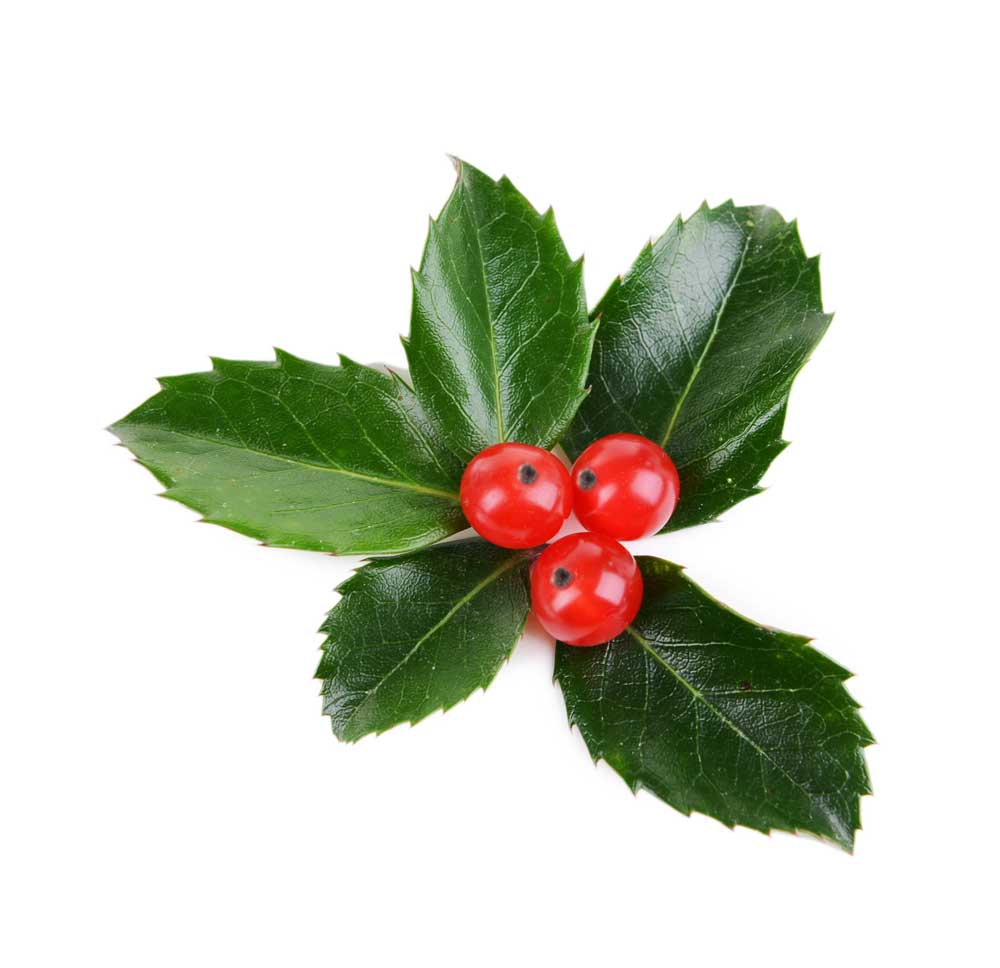Garden Column: Plants add to the symbols, aromas of Christmas
Published 12:00 am Wednesday, December 22, 2021

- Leaves of mistletoe with berries.
For many years, holiday time was a hectic 45-day hustle and bustle. Anyone with a family doesn’t need a review of the unending list. Then, before you know it, you’ve fallen into the “empty-nester” category.
These past two years of more restrictive living and travel has had it’s impact on many households not spending holidays together, including mine. Personally, I really have missed all the good holiday smells of cookies baking and the scent of a fresh-cut tree.
Over the past two years I have worked out some satisfying substitutes to come close to maintaining some semblance of tradition.
Instead of a tree for scent, I create a basket of mixed greens for a coffeetable and add in a few favorite ornaments. I always keep a colorful container filled with water on the hearth of the gas fireplace (for humidity). I added a bouquet of rosemary that I cut from the greenhouse. I also added some bay leaves to the water container on the hearth, hopefully they will release their spicy scent along with the rosemary. For the spicy, sweet smell of Christmas baking I always make the German Pfeffernusse cookies.
Little by little it is coming together to celebrate the seasonal symbols and the biblical links to Christmas. The more we know about some of the symbols puts more meaning into our celebration.
In Greek folklore, bay leaves were associated with honoring excellence or great courage. That is the origin of the Greek tradition of crowning herbs (including Olympic athletes) with garlands of leaves.
Garden tip: Bay, Laurus noblis, is not hardy to Central Oregon. Bay could be grown in a container against a warm wall and then brought indoors for the winter.
Cooking tip: Toss a few bay leaves in boiling water to lightly flavor rice, beans or pasta as they cook.
Rosemary, Rosemarinus officinales, symbolizes remembrance and is a culinary favorite. Legend has it that it will bring happiness for the coming year to anyone who smells it on Christmas Eve. The symbolic meaning is remembrance, love, friendship and loyalty.
Garden tip: Rosemary is rated as a zone 7 plant. It is generally not hardy in Central Oregon, although more hardy varieties are being developed. Rosemary could be grown in a container outdoors during the summer and brought indoors for the winter. The plant I have grows in an unheated greenhouse year-round.
Cooking tip: Rosemary’s warm, earthy and pine-citrus flavor pairs well with beans, potatoes, tomatoes, spinach, peas, mushrooms, squash, lentils and eggs.
Sage, Salvia officinallis, has long been associated with immortality, health, and happiness. The Latin name, Salvia, means salvation.
Garden tip: Sage is easy to grow and is a good herb for over-wintering indoors.
Cooking tip: Garden sage, S. officinallis, is the best choice for cooking with just the right balance of pine, citrus and camphor. Purple, tricolor and golden sage are more sensitive to cold and often overpower dishes with their steong camphorlike flavor. The older leaves of garden sage harvested after plants bloom may be stronger in flavor and not as tender in texture. Their culinary value is still intact — just use less.
Thyme, Thymus vulgaris, is a popular seasoning used in French Creole and Cajun cuisines The herb is popular during the holidays included in dried flower arrangements, bouquets and potpourri. It is a symbol of bravery and is considered a manger herb. The story is that it was collected from the fields of Bethlehem, where it grows wild, and used to make a soft bed for Mary during the birth of Jesus.
Garden tip: Thyme grows well in Central Oregon. It makes a great ground cover in addition to being a popular culinary herb.
Cookingh tip: Use your fingers to strip fresh leaves off the stem. Use fresh or dry. Fresh stems can be stored in a cup or vase partially filled with water. You can also wrap cut stems loosely in a damp paper towel and store inside a plastic bag in the refrigerator.
A few more holiday garden symbols to think about include the following:
Fir, juniper and spruce symbolize the living presence of the holy spirit, prayers asending.
Holly symbolizes eternal life. Holly is also said to be the wood of the cross.
Mustletoe, Viscum album, is a true parasite of hardwood trees and is common in juniper trees in Central Oregon. It symbolizes peace, love and eternal life that springs forth in the midst of seeming death.
Pine symbolizes longevity, eternal and vigorous life.
May you all have lots of pine in your life.





